The best way to experience zero-gravity without losing your cookies.
When Ready at Dawn studios released the unfathomably good Lone Echo — a game that invented and simultaneously perfected zero gravity mechanics in VR — few realized how well it would translate into a competitive multiplayer title. Echo VR, as it's now called, is the multiplayer-only spin-off of Lone Echo, available both on the Oculus Quest, Oculus Quest 2, and Oculus Rift platforms.
Echo VR already made the list of best Oculus Quest 2 games, and Echo VR Season 1 promises to incentivize players to keep returning so that they can earn points over the season — which ends on May 23, 2021 — earning new chassis, stickers, and other cosmetic features to represent their robot alter-ego. Echo VR is a free-to-play game and Season 1 marks the first time players can opt-in to purchase additional cosmetic items for their characters.
Is it worth your time and money? We went hands-on for a few weeks with the Oculus Quest 2 version to give you an idea of what to expect.
Whoever said space was lonely?
Echo VR
The enemy's gate is down
Squad up and ship out in the premiere zero-gravity team-based game in VR, where you'll control a robot chassis in a never-ending bid to score first and win the most.
What is Echo VR?
Echo VR, as you'll play it on Oculus Quest, is a sports game in space. That's a terribly rudimentary way to describe it, but, ultimately, it's like a combination of ultimate frisbee and hockey that takes place in a completely zero-gravity environment. Now, how in the world can you create a zero-gravity virtual reality game when the Earth's gravity clearly holds down your physical body, you ask? It's simple: impeccable mechanics design and an ingeniously well-written physics engine.
Toss the disc through the enemy's gate but beware: lack of gravity and the opposing team are playing against you.
Of course, those things are anything but simple. Still, a veteran developer like Ready at Dawn used their years of experience to figure it out and has been so successful it's been pulled into the fold as a first-party Oculus Studios developer. From the moment you enter your chassis — that's the robot body that you'll embody while playing Echo VR — you'll feel as if your feet have left the ground and your corporeal body is somehow floating in orbit.
When you let go of objects, you float, just as you would expect if you were actually in space. Any surface can be grabbed and held onto or pushed off of to facilitate movement in zero gravity. Without gravity for your legs to use, you can't exactly walk anywhere but, thanks to some handy thrusters built into each of your chassis' wrists, you can lightly jet around in addition to physically throwing yourself to gain momentum.
Players will combine all of these movement tricks in the arena — a two-sided three-dimensional basketball court, to describe it in the simplest fashion — wielding a space Frisbee disc that desperately wants to be lobbed into the opposing team's goal. As one of the players in these team-vs-team matches, it's your goal to not just lob that disc into the opposing goal but to prevent it from being lobbed into your team's goal as well.
Echo VR excels in providing players with a degree of interaction and movement freedom that simply can't be found anywhere else.
Blocking the opposing team from scoring can be done in a more traditional way — by designating one player as a goalie — but players can also physically grab other players and forcefully thrust them across space, or even punch them to immobilize them for a few seconds. Echo VR excels in providing players with a degree of interaction that most games simply don't offer, and it's in this level of interaction and freedom that players can truly experience what zero-g sports might really feel like.
A round ends the moment any player scores, putting players back into the holding area for a minute-or-so cooldown period before launching them back into the arena for another round. Players can latch onto a special ring inside of each launch tube at the countdown to be flung across the arena, which might help your team get to the disc first.
Echo VR is cross-platform playable, so PC and Quest players can game together, but the Quest version still lacks Echo Combat, a clear nod to the battle schools found in the science-fiction classic Ender's Game novels. If that idea excites you, just wait until you play it. It's even better than you might imagine! For now, though, we're just covering the base Echo Arena portion of Echo VR in this hands-on but hope that Echo Combat will finally head to the Quest version in the near future. After all, what's more futuristic than laser-tag in space?
Echo VR Season 1 Sensible price, meaningful progression
Until now, the Echo Arena portion of Echo VR has been completely free-to-play on all platforms. On PC, Echo Combat is a $10 purchase. Likewise, Echo VR Season 1's Echo Pass is a $10 purchase that unlocks a new premium rewards tier for special items that can be unlocked during the Season 1 timeline. These rewards are earned by completing games and objectives through play, where you'll accumulate Tier Experience Points (TXP). Each reward tier is unlocked after amassing a certain number of TXP — that exact number depends on the tier and increases as you move up — similar to how most other season-based games work.
Unlike some games with this type of unlocking mechanic — we're looking at you, Fortnite — these skins don't cost $12-20 a piece to unlock.
Since all players can earn TXP, Echo Pass offers players the ability to earn additional rewards with that same TXP versus players who just elect to play without paying. Echo Pass nearly triples the number of in-game skins and other cosmetic items you can earn, and players can spend extra money on Echo Points to unlock these tiers without having to earn them through play. Unlocking all the rewards will only cost players an additional $20-$30, so it's not like you're going to break the bank if you find you don't have enough time to unlock the skin you want.
Unlike some games with this type of unlocking mechanic — we're looking at you, Fortnite — these skins don't cost $12-20 a piece to unlock; only around $3 or so if you really want to. That's a surprisingly affordable cost in a market that's rife with consumer exploitation for this sort of thing. Sure, these companies have to pay for their servers and development costs, but did that skin really cost $12 to make? No. No, it didn't.
Echo VR Season 1 rewards include unlockable chassis, bracers, boosters, banners, emblems, medals, patterns and tints, tags, and titles. Everything you'll unlock is cosmetic, so don't worry about someone with lots of expendable income being able to pay-to-win. Several of these categories are new to Echo and some of the existing options, like chassis, work differently than before. Instead of having a chassis type for the arena and a different one for combat, players will always use the chassis design they choose.
Going with the theme of customization, a player's bracers can now be swapped out at any time — something that feels particularly important since you'll be looking at these parts of your arms throughout the vast, vast majority of your time in the game. The boosters on your back can also be swapped out apart from the chassis, but I didn't find those to be nearly as obvious. Typically, when I'm looking at other players, it's when they're coming straight at me rather than looking at what's on their backs. It's a nice touch, but it's not quite as obvious a customization as bracers or the chassis themselves.
Banners are a rather nice touch, as it helps highlight a winning team or player's accomplishment in any given round. Banners can be decorated with any of the tags, emblems, patterns, tints, medals, or titles that a player unlocks and are then displayed on the walls of the arena after scoring a goal. It's a quick little way to celebrate a personal victory in a game that revolves more around team-based mechanics rather than individual ones.
Echo VR Season 1 Giving toxic players the boot
First and foremost to this major update is the addition of the Echo VR Community Values as a required introductory section to familiarize players when they start the game for the first time. Even veteran players will need to go through this short but important intro, as it details Ready at Dawn's updated community values. This four-pillar staple of community is increasingly important in a free-to-play game because, let's face it, anonymity breeds disrespect.
Part of the introduction to Echo's community values includes a mention of the bevy of social features that will enhance the interaction you'll have with other players. Things like a personal bubble, which will keep other players from latching onto you and literally physically harassing you during play, to "ghosting" and muting players that just don't know when to quit. When all else fails, players can be reported for harassment and banned from playing in the future; a rather positive side-effect of the Facebook account requirements enforced on Quest.
Applause goes to Ready at Dawn for continually trying to improve the overall experience for everyone playing — even the kids.
These might seem like trivial or unimportant additions to the game but, let me tell you, the first time you hear an adult telling a kid to do something inappropriate online — simply because they don't want to play with "squeakers" — you'll understand why there needs to be a quick way to remove these types of toxic players from games.
Applause goes to Ready at Dawn for continually trying to improve the overall experience for everyone playing. After all, this is a sports game in the end. There's nothing violent here and nothing inappropriate for children. While it may not be the wisest thing for a parent to unleash their child onto the horrors that the Internet can bring, it's deplorable to see adults treating each other — much less children — in such a manner.
Echo VR Season 1 What are you waiting for?
Every time I've ever played any game in the Echo series, be it Lone Echo or any of the available Echo VR modes, I leave blown away by the experience I've had. There's really nothing like it anywhere else, and it's all thanks to the ridiculously impressive zero-gravity-based mechanics that Ready at Dawn has built. I'm still eagerly awaiting the addition of Echo Combat on the Quest but, for now, there's really no better way to experience Echo Arena than with an Oculus Quest 2. Trying to dip, duck, and dodge all while moving in zero gravity just doesn't have the same effect with a cable tethered to your head.
Season 1, thus far in what I've unlocked, has been an incredibly rewarding experience that feels fairer and more enjoyable than other games with a similar seasonally-unlockable content feature. The chassis I've unlocked are ones I actually want to use. The banners and all of the heraldry associated with them deliver a palpable sense of glory to the arena when I score a goal. The bracers are unique looking and are actually interesting to look at when playing.
Echo VR is totally free-to-play for anyone interested, so all you really have to lose is a bit of time if you give it a try (and you should!). Once you get hooked, you'll find that Echo Pass is totally worth the $10 buy-in if you're going to continue to commit yourself to play, and you can take that to the bank.
Season 1 brings the heat
Echo VR
Play more, unlock more
Echo VR's first season brings a boatload of meaningful new content to a game that's all about competition and expression in zero-gravity arenas.
from Android Central - Android Forums, News, Reviews, Help and Android Wallpapers https://ift.tt/31TVKsn
via IFTTT
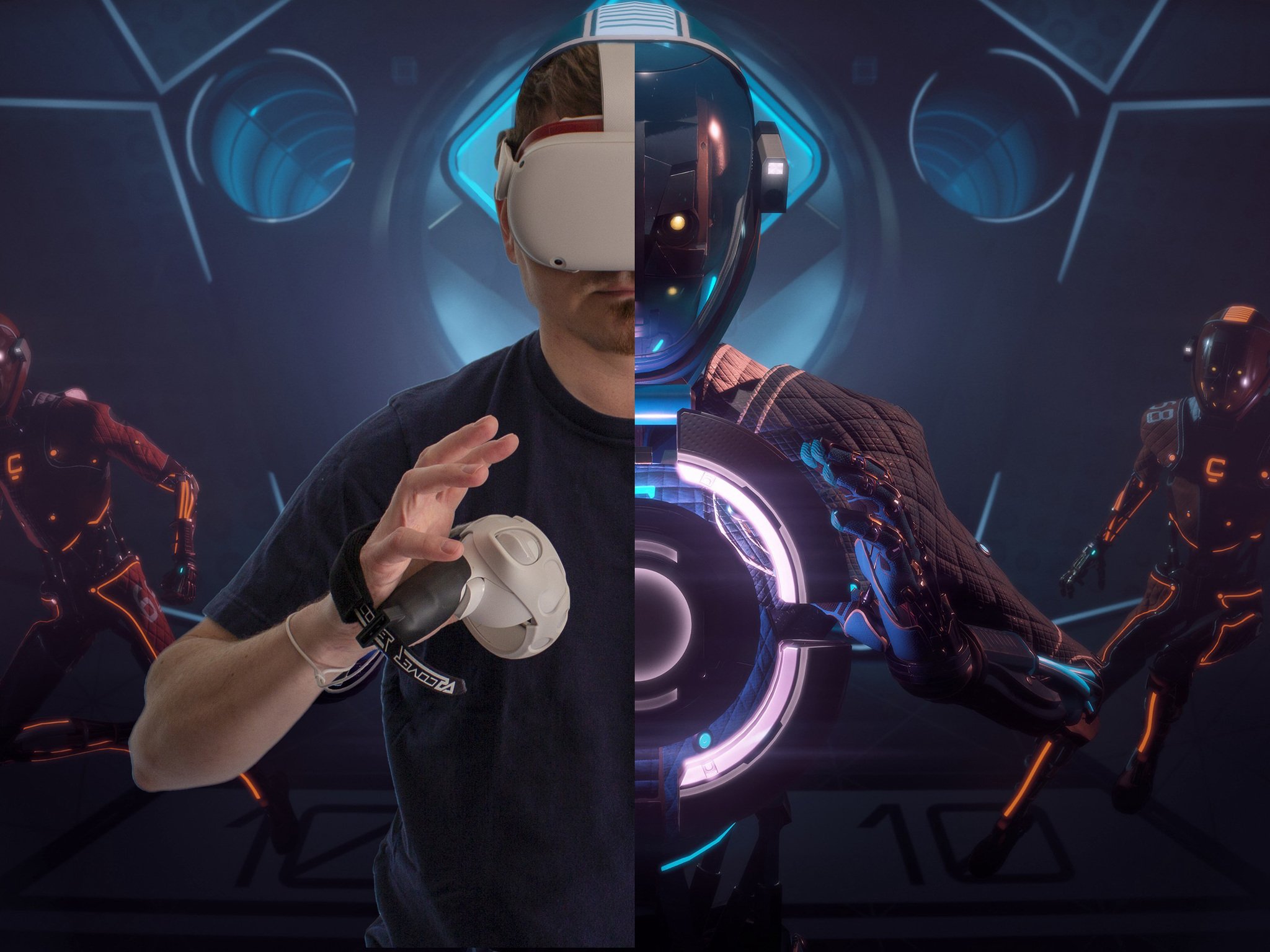
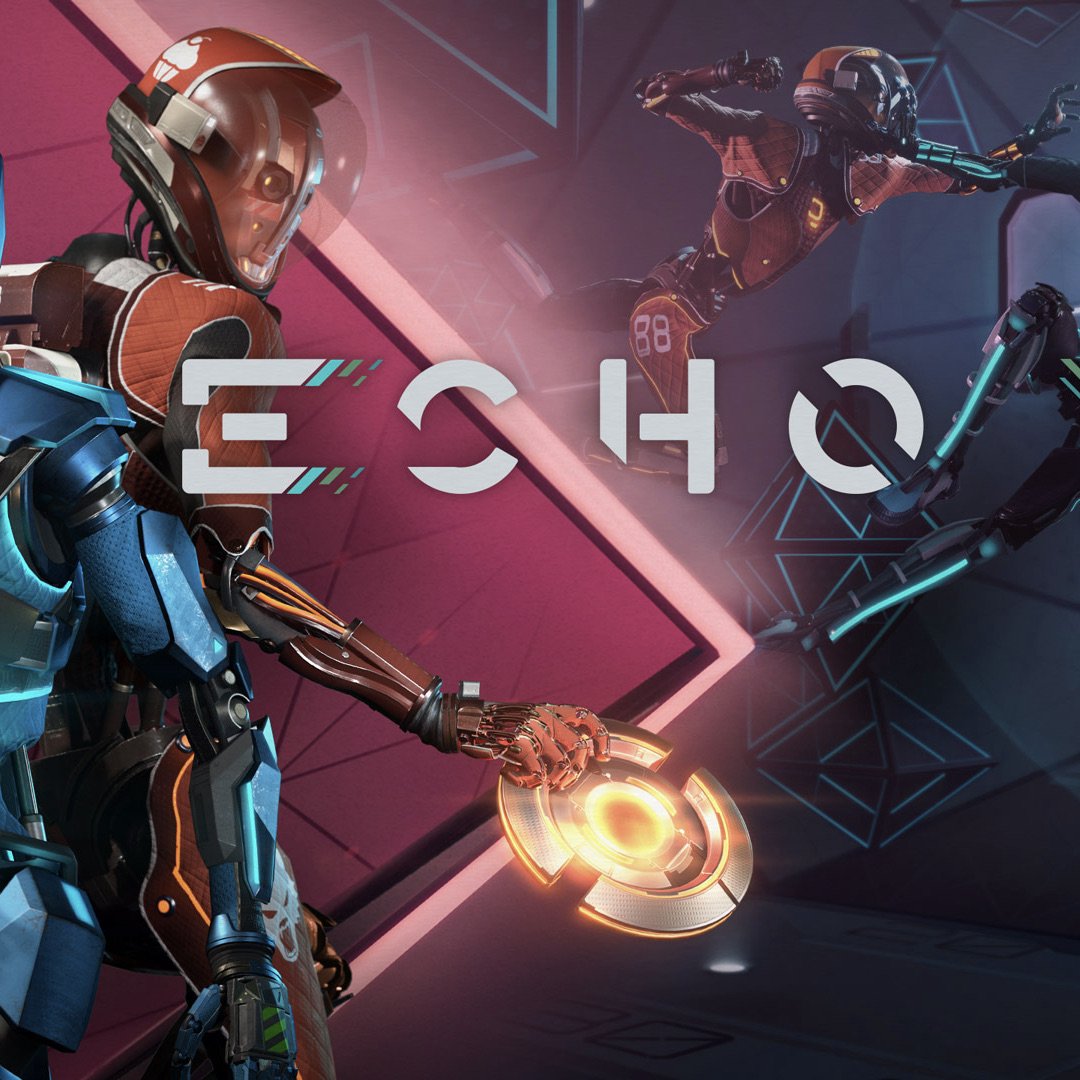
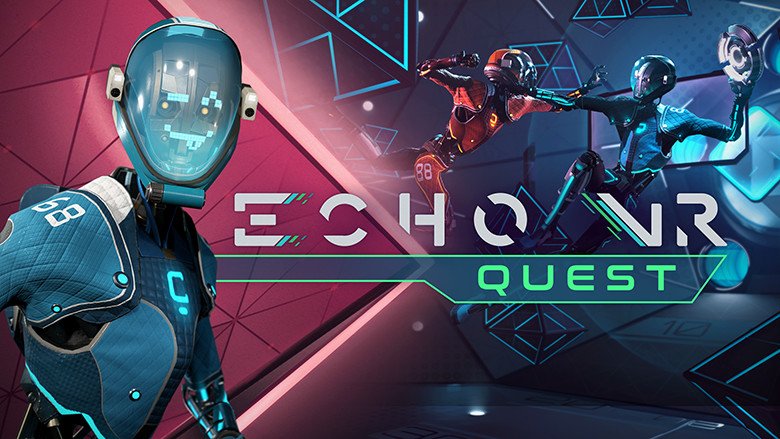
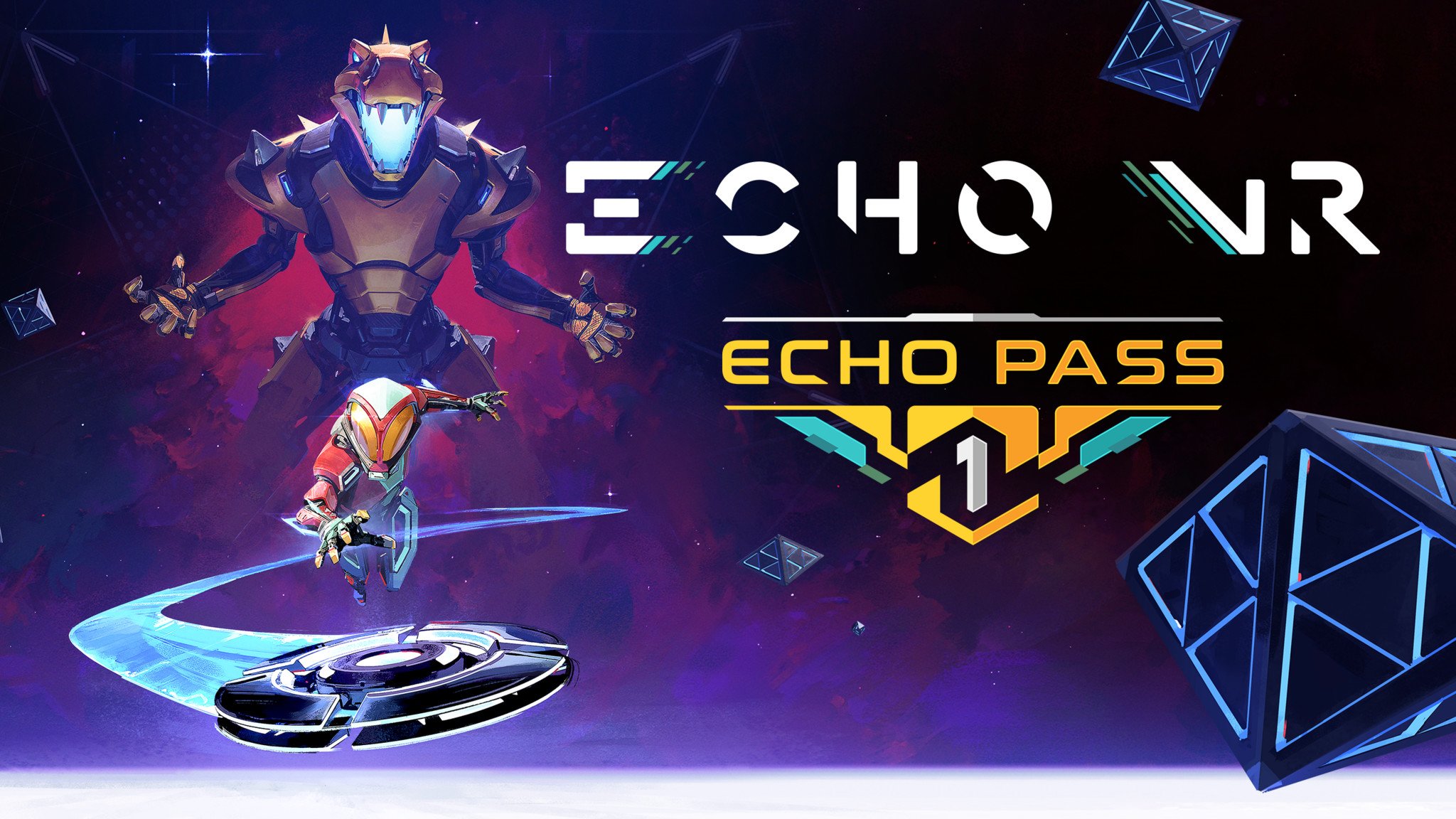
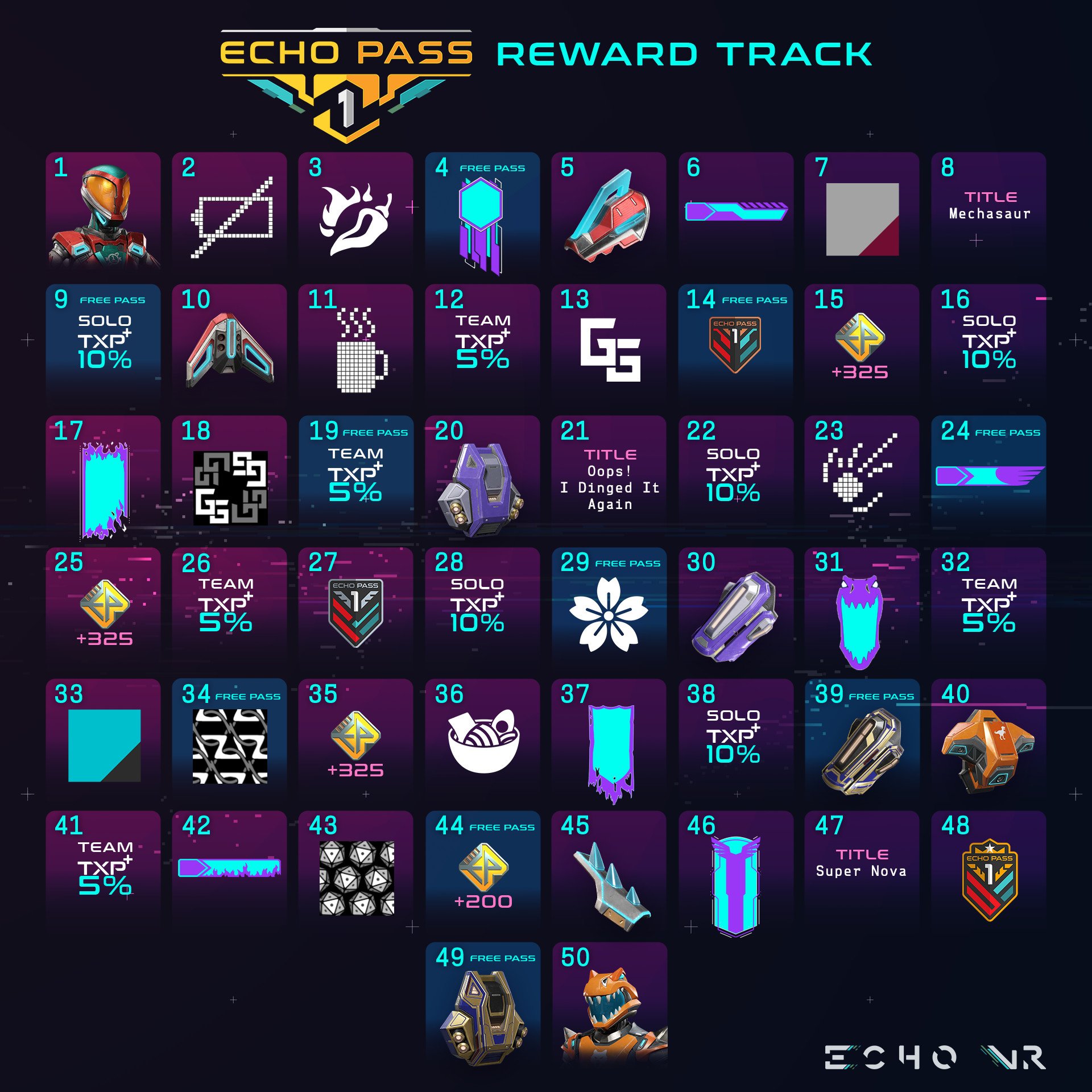
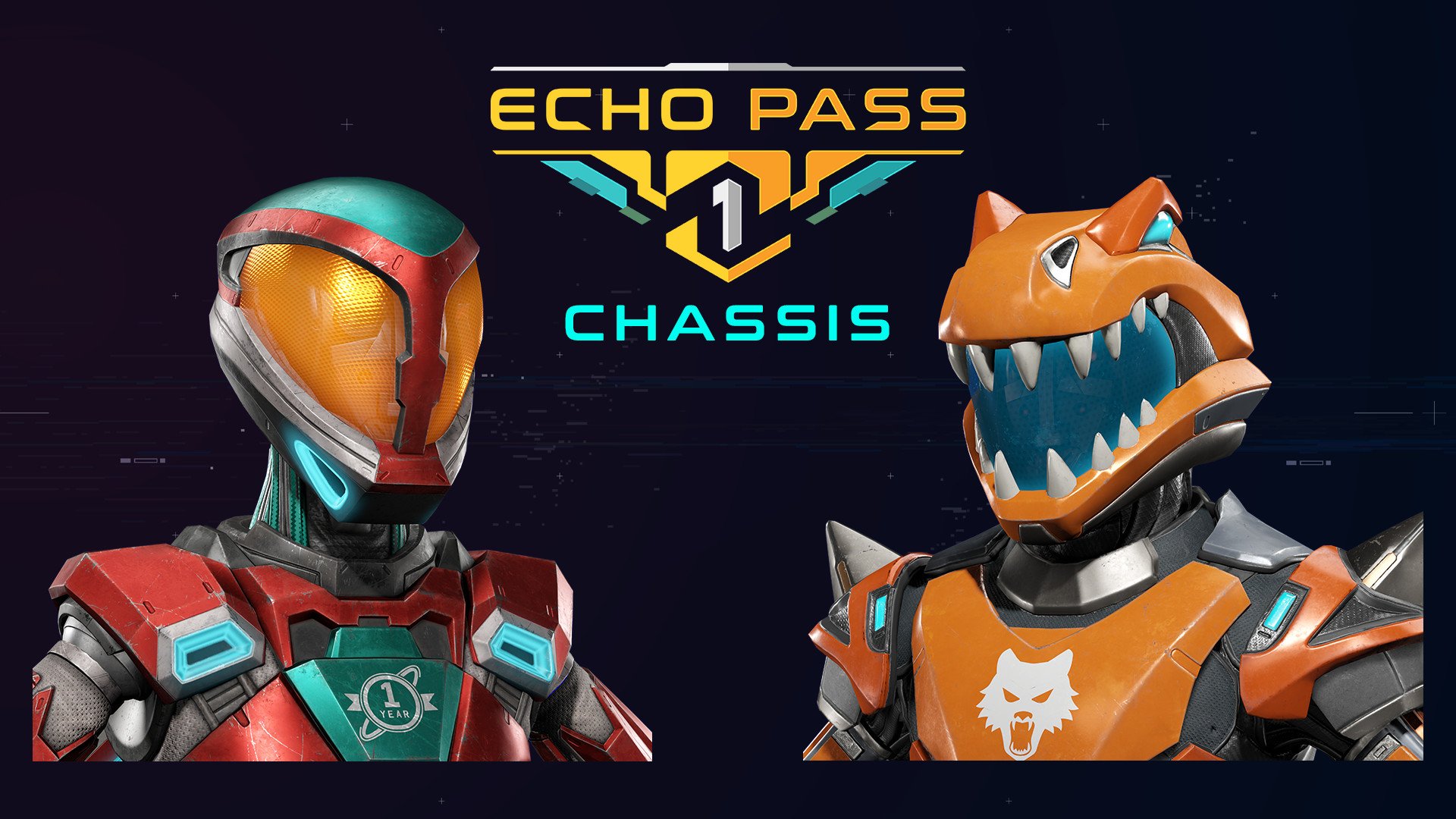
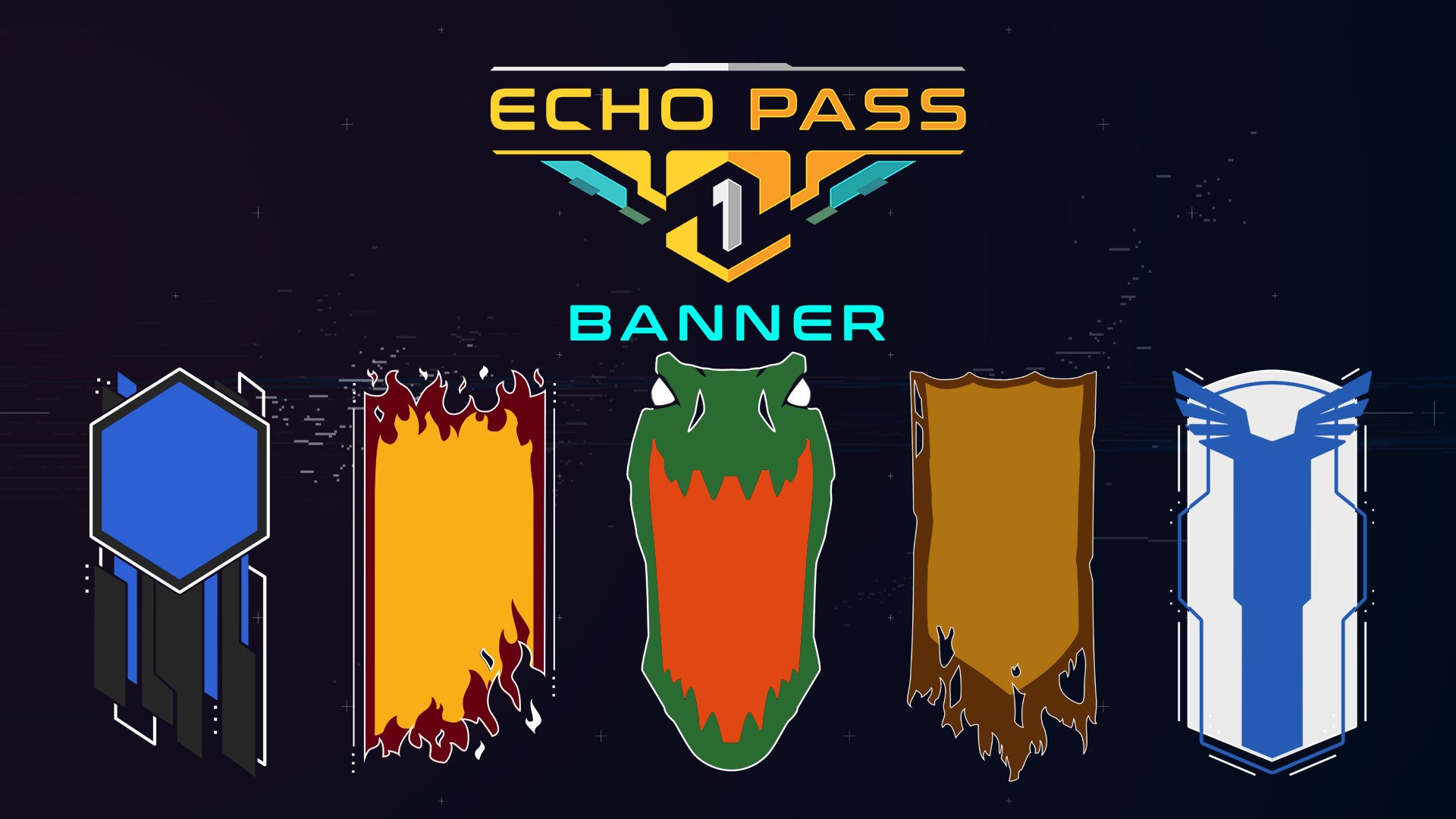
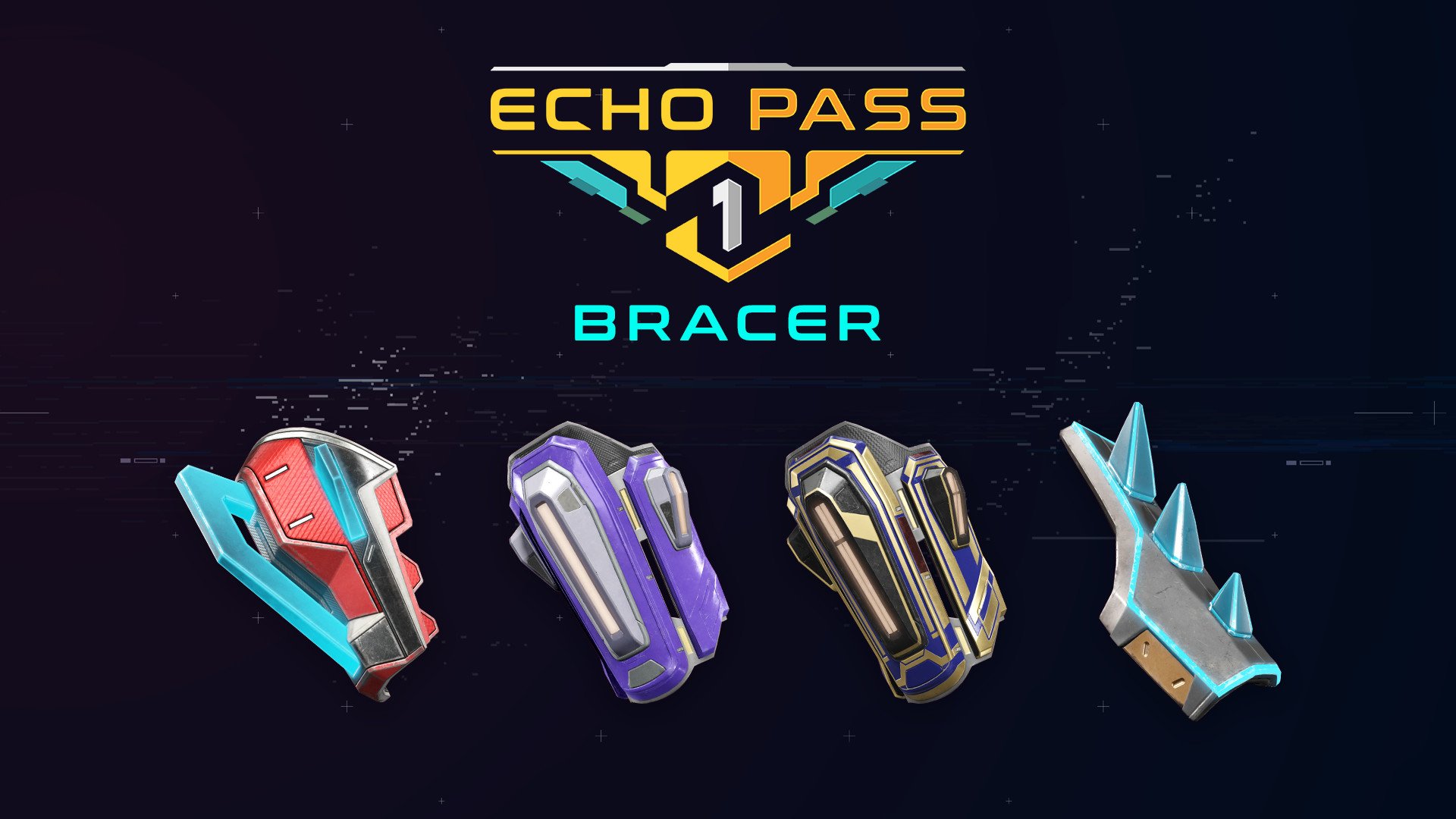
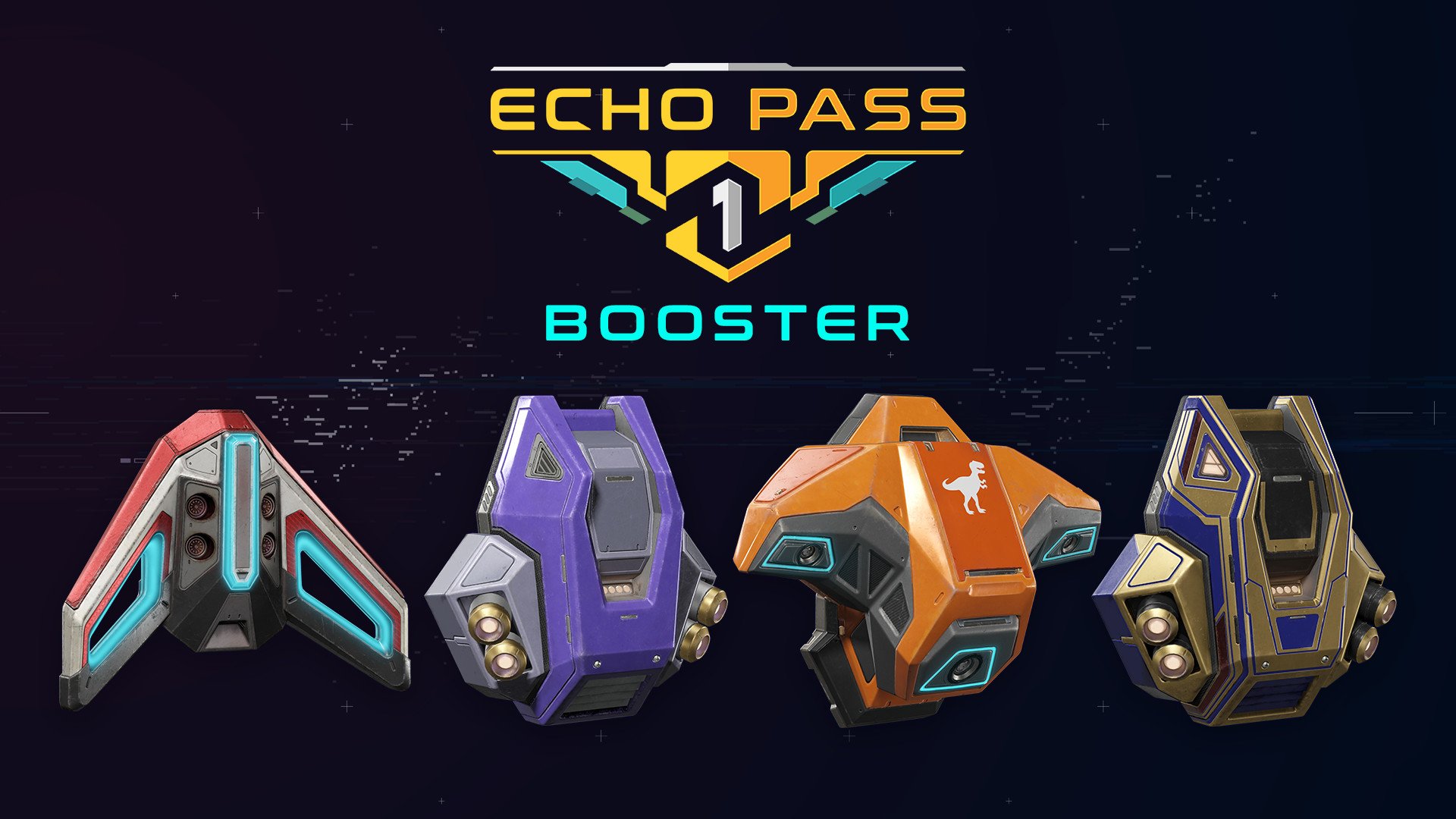
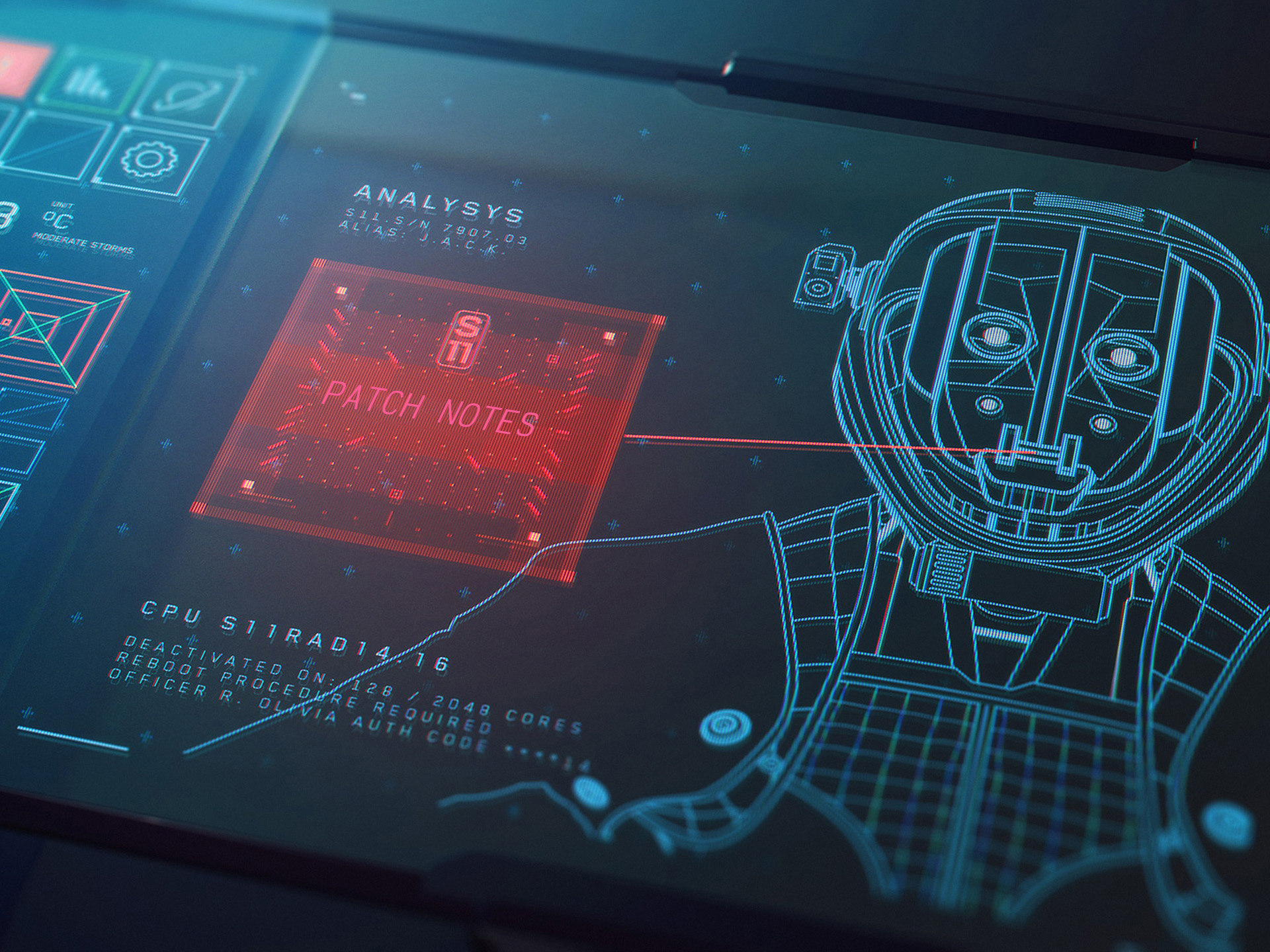
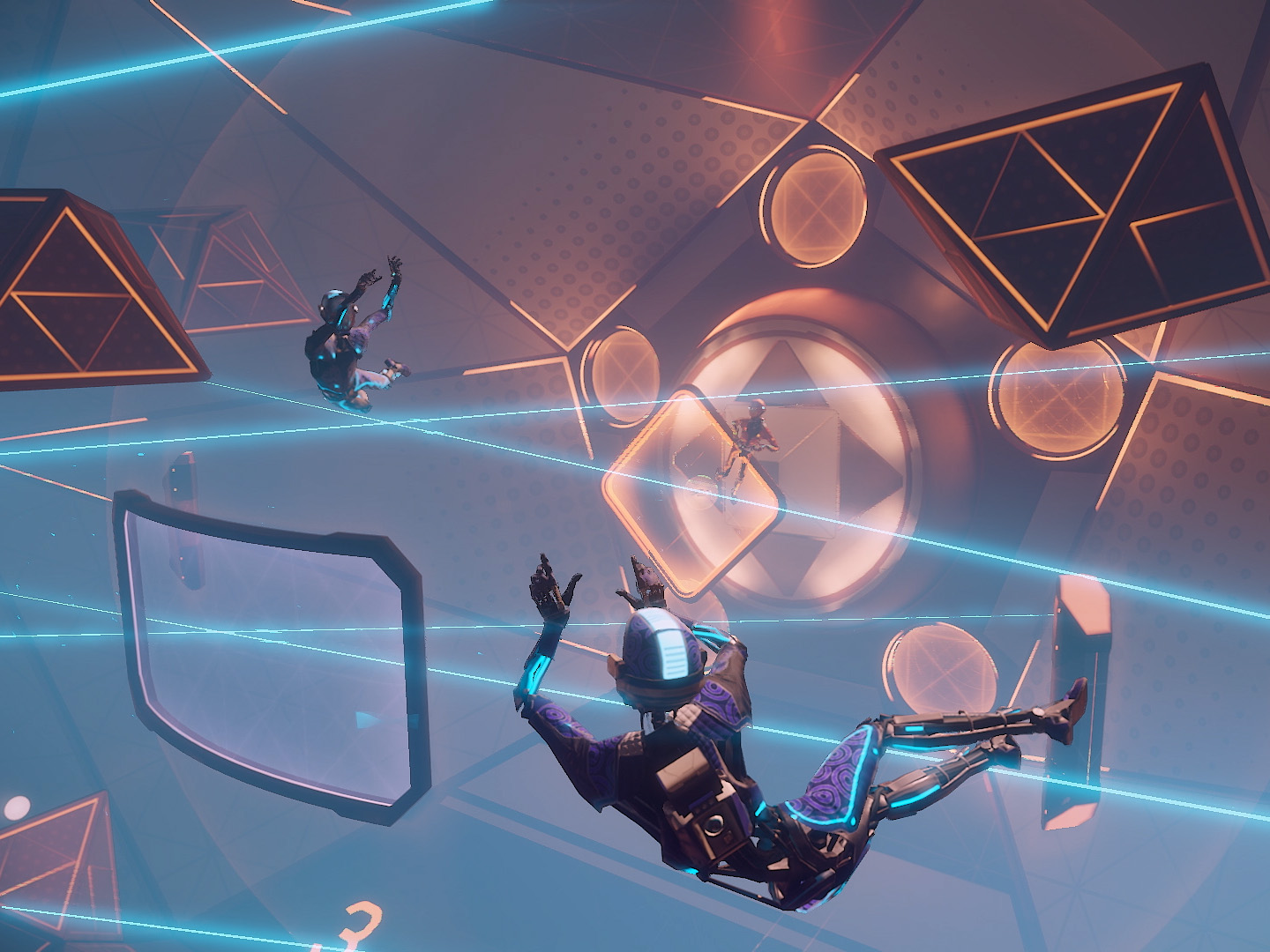
No comments:
Post a Comment